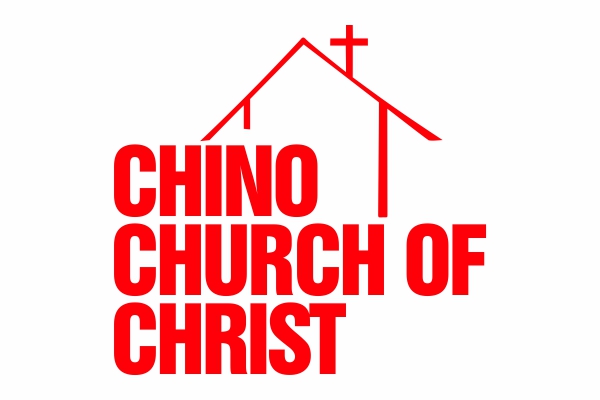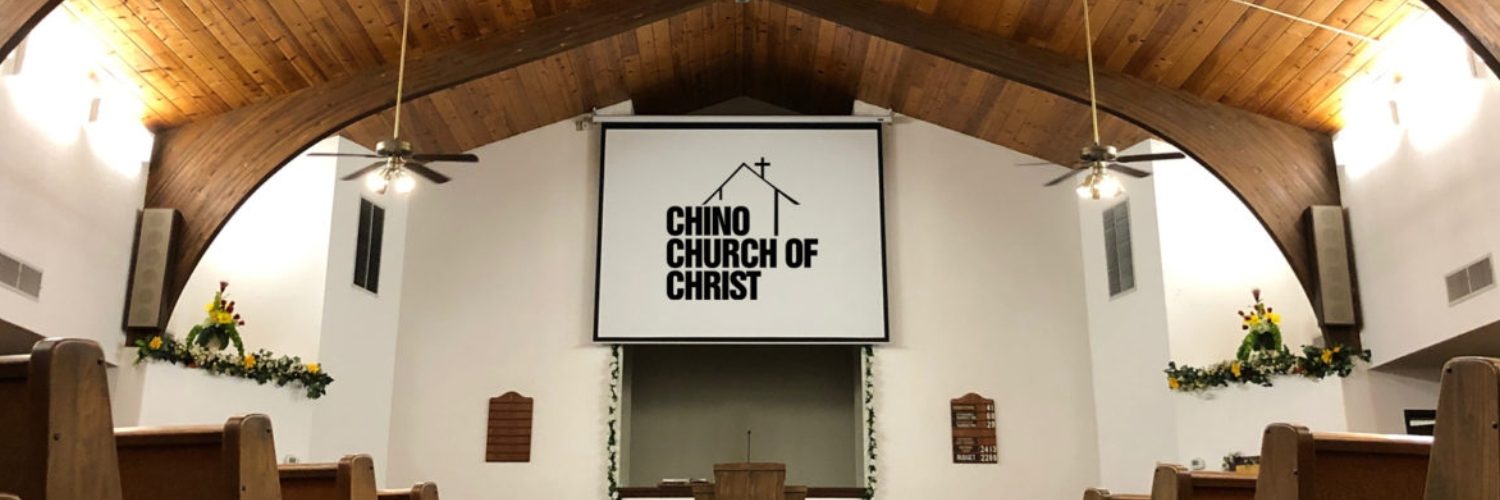At the close of the twentieth century, theologians in Germany began discussing “theologie im zeitalter der cafeteria-religion,” theology in the age of cafeteria-religion. (See, for example, the essay by that name in Theologische Literaturzeituug 121 (1996), 415-30)
Cafeteria religion results from believers abandoning a standard authority. They, instead, pick and choose mismatched elements from a variety of faiths. The results can be strange indeed.
Describing the situation in Germany, Ingolf U. Dalferth wrote in the April 2000 issue of Theology Today:
Every seventh person believes in magic and witchcraft, every third person considers the future predictable, and if Der Spiegel is right, then there are more seers and fortunetellers offering their services than all Protestant and Catholic clergy put together. One thing is indisputable: Religion has not lost its fascination, but the church has lost its power of attraction.
Newsweek, in its November 28, 1994 cover story “The Search for the Sacred,” highlights the same patchwork spirituality taking root in America.
Lacking a clear pattern to follow, people wander like sheep without a shepherd. Without the restraining influence of Scripture, religion gets weirder and weirder.
When the Israelites rejected God at the base of Sinai, they worshiped the Golden Calf and embraced immorality. We see the same trend today. When people stop looking to Scripture they fill the void in their lives with religion on their own terms.


